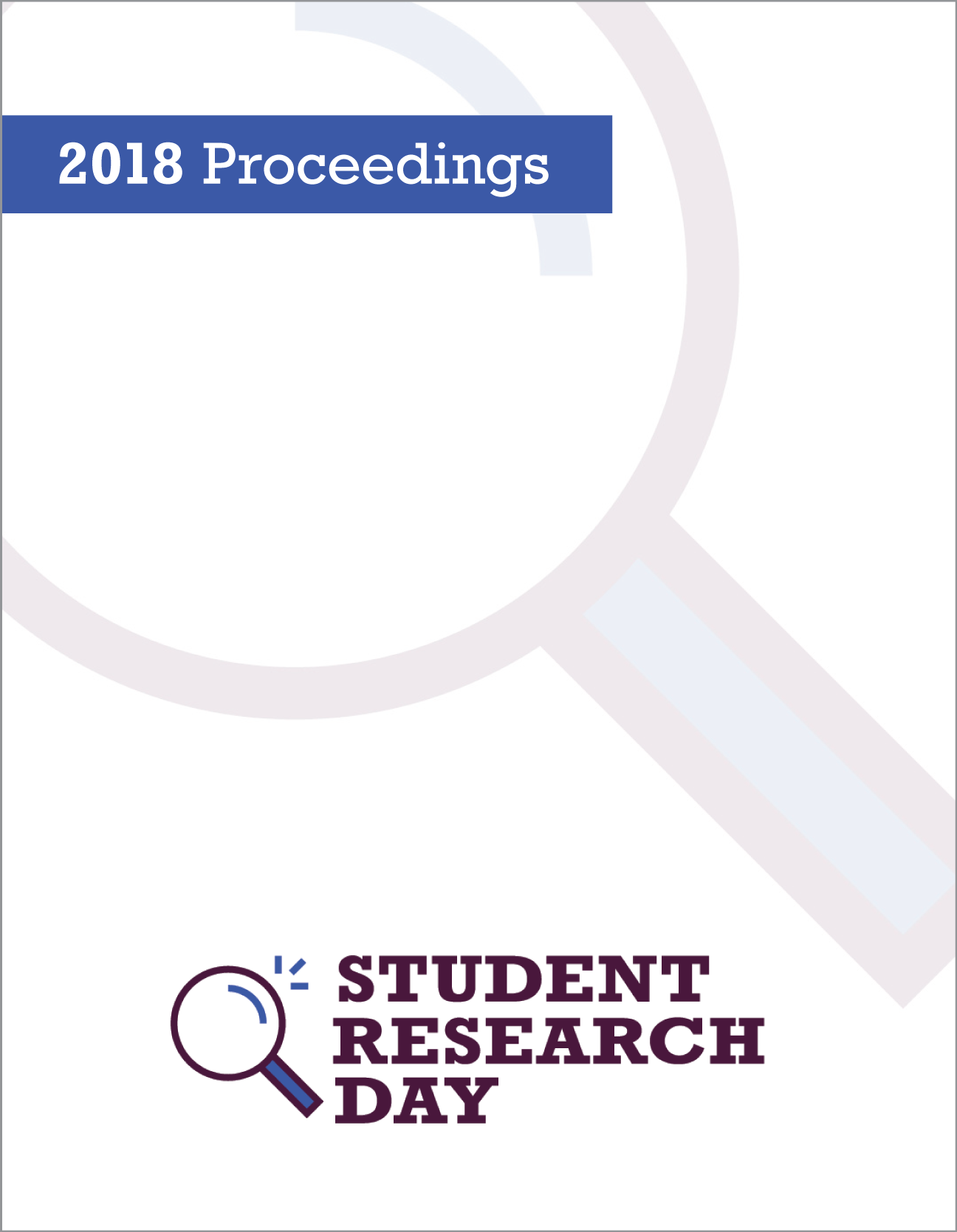Longitudinal Study of Implicit Theories of Well-Being, Positive Thought/Action Orientation, and Well-Being
Abstract
People differ on the extent to which they believe well-being is fixed (entity theorists) or amenable to change (incremental theorists). Recent research has shown that incremental theorists adopt a positive orientation to their cognitive and behavioral experiences more than entity theorists, but no research to date has examined this relationship over time or in relation to well-being outcomes. In a three-wave longitudinal study with 120 undergraduate university students, it is predicted that incremental beliefs regarding well-being at the beginning of the semester will predict a positive cognitive and behavioral orientation at the middle of the semester which, in turn, will predict greater hedonic and eudaimonic well-being at semester end. If findings support this mediation model, the study will contribute to the extant literature on the effects of implicit theories of well-being, and will support the utility of interventions aimed at cultivating incremental theories of well-being.
Discipline: Psychology (Honours)
Faculty Mentor: Dr. Andrew Howell
References
Published
Issue
Section
License
Authors retain any and all existing copyright to works contributed to these proceedings.



